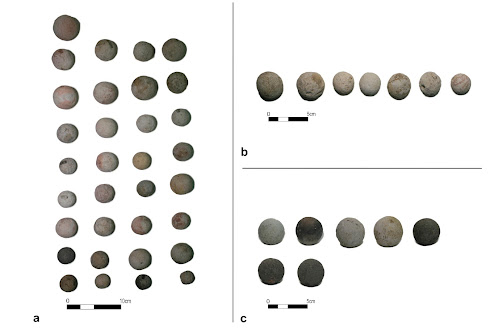 |
| Photo Credit: Quinten de Graaf |
In two papers published in the journals Nature and Science, Queen Mary's Professor Livingston and Dr Zhiwei Jiang present their work on nanomembranes – exquisitely thin membranes that can provide an energy efficient alternative to current industry practices.
They demonstrate their technology can be used to refine crude oil and cannabidiol (CBD) oil – two industry giants. Around 80 million barrels of crude oil are processed every day to create fuel and plastic, in a process which consumes massive amounts of energy. The cannabidiol oil industry is fast growing - the Global Cannabidiol (CBD) Market is estimated to reach USD 47.22 Billion by 2028, up from USD 4.9 Billion in 2021.
Andrew Livingston, Professor of Chemical Engineering at Queen Mary, said: 'A vast amount of energy is consumed in industry separating molecules. The aim of our research is to provide low energy alternatives to these processes. Due to the innovations in the chemistry we used to make these membranes, we can achieve molecular architectures that achieve exquisite separations, and provide less resource intensive techniques for the separation of molecules.'
Dr Zhiwei Jiang, Research Associate at Queen Mary, said: 'Thinner is better - the liquid passes through the membranes much more quickly, rapidly speeding up the process, and therefore reducing the plant footprint while processing the same quantity of liquids.’














.jpg)
